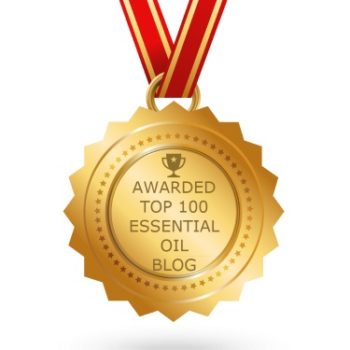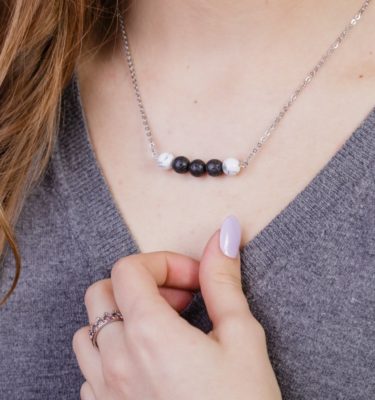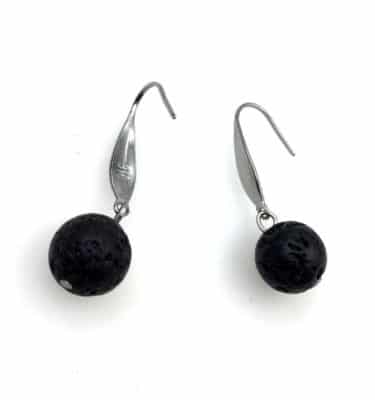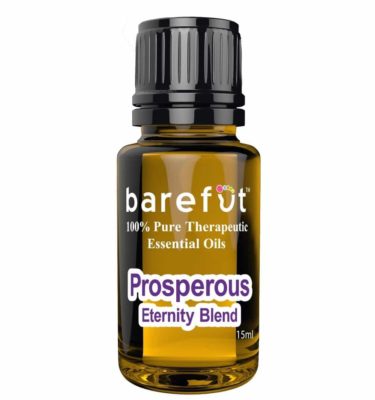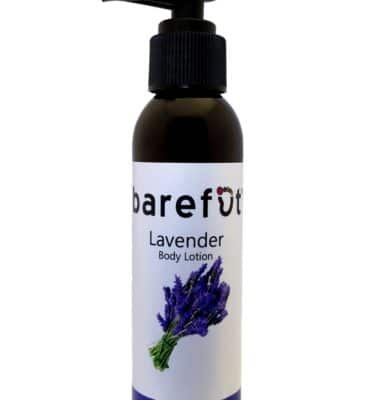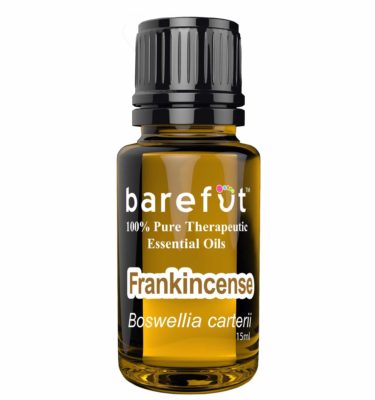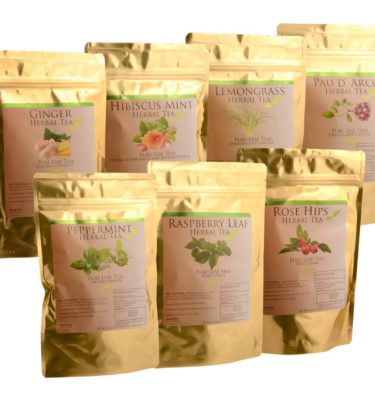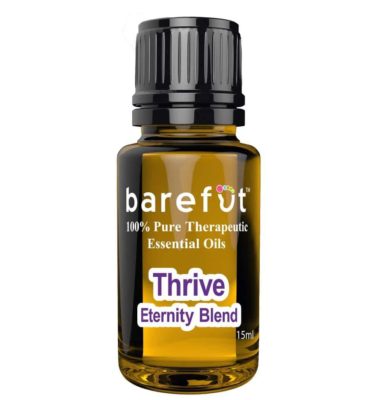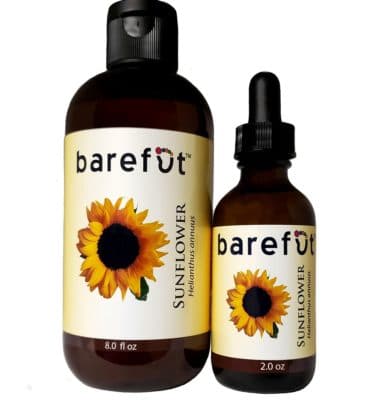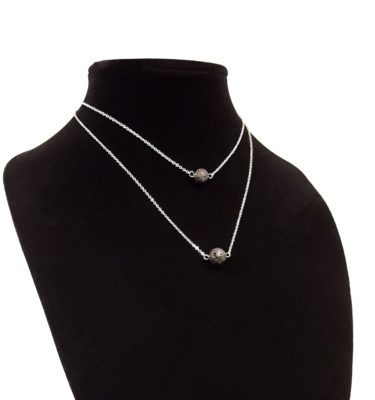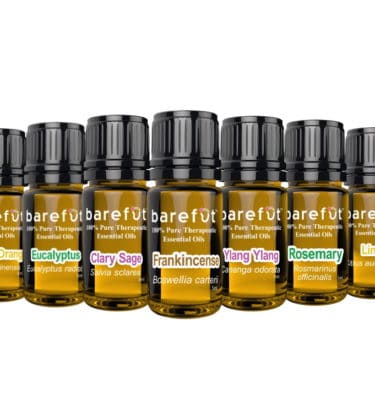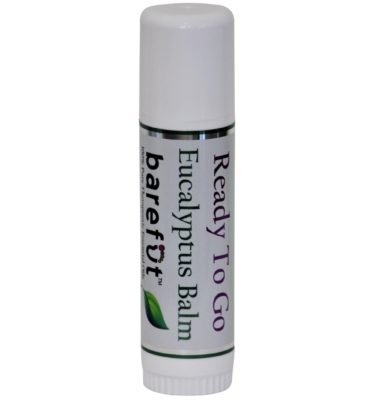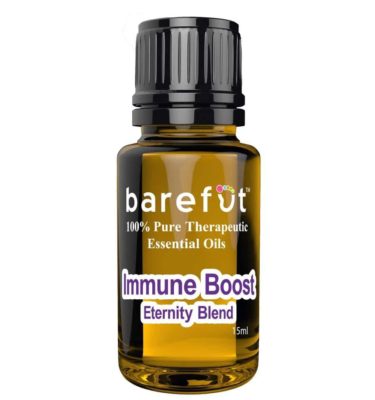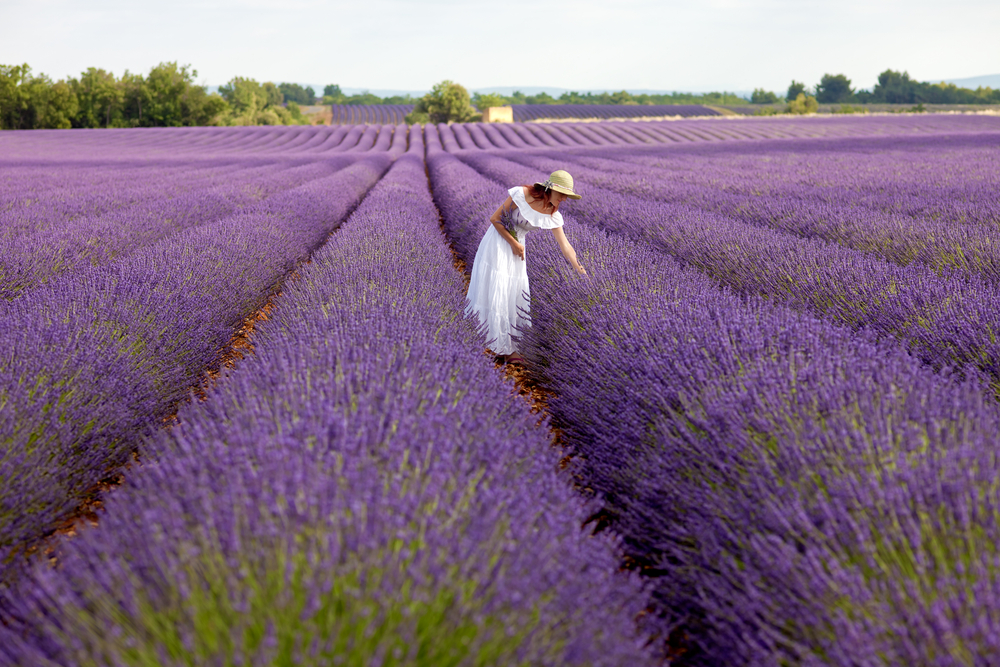
Lavender essential oil is used by adding a few drops to the tub, mixing it with lotion or carrier oil, applying directly to the scalp, or rubbing into the joints. You can also put a few drops of lavender essential oil on a cloth or handkerchief and inhale its fragrance, or add the essential oil to an aromatherapy diffuser or vaporizer. One of our most popular essential oils, organic lavender oil has a distinctly sweet, floral and herbal scent in body care products and fragrances.
The largest producer of lavender essential oil is Bulgaria, but there are many other sources around the world, each producing a product with slightly different characteristics and flavors. Today, countless countries around the world are involved in production, and almost every country in the world uses lavender oil in its own way. Lavender is known for its use in aromatherapy.
The most popular use of lavender oil is to mix it with a carrier oil such as sweet almond oil or jojoba oil for a relaxing massage. To use lavender oil for acne, dilute lavender in coconut oil or another carrier oil and apply it to your skin after cleansing. It is typically applied topically for skin and hair health, although methods may vary depending on preferred application methods. Lavender is also used for skin and hair care, such as scalp disinfection, hair growth, and acne.
It can also be used to soothe skin irritation, razor burns, and sunburn. Because lavender has antifungal properties and reduces inflammation, it may help prevent eczema. Lavender oil also helps increase the body’s antioxidant capacity and inhibits oxidative stress. Pain-relieving oils help relieve inflammation, and the beta-caryophyllene in the oil also acts as a natural anti-inflammatory agent.
Lavender repels mosquitoes and moths and is the active ingredient in mosquito repellents. In essential oil form, it has a number of benefits, including relieving stress and anxiety, reducing nervous tension, and reducing pain. Derived from the plant Lavandula angustifolia, lavender essential oil promotes relaxation and is believed to treat anxiety, fungal infections, allergies, depression, insomnia, eczema, nausea, and menstrual cramps. Lavender is a rich oil obtained by steam distillation of the flowering tops of the lavender plant.
This product, also known as lavender aromatherapy oil, is usually obtained by steam distillation of dried herb flowers. Of course, the soothing scent of lavender aromatherapy is great at night. No wonder lavender pairs well with a soothing self-care bath.
Diffuse lavender essential oil in the air before bed to promote restful sleep, or add lavender to your favorite lotion or carrier oil to soothe the skin and relax the senses. For healthy hair, massage a few drops of lavender oil into your scalp to soothe yourself at the end of the day, or add two to three drops to every shampoo or conditioner you use. A few drops of lavender oil in whisky can relieve migraines, headaches, depression, nervousness and emotional stress. You can also rub some oils on your palms, apply them to your face, and breathe deeply.
You can also use lavender oil as a facial toner by mixing two drops of lavender oil with a teaspoon of witch hazel. Lavender oil can help with a variety of things, from restful sleep to helping your body heal wounds with a dilute topical application. For example, one study found that the aromatherapy properties of lavender help with anxiety disorders. In addition, a pilot study published in Complementary Therapies in Clinical Practice in 2012 shows that lavender essential oil aromatherapy can help calm anxiety in women after high-risk childbirth.
Intensive Care Unit Admission In another study, anxious postpartum women showed lower levels of anxiety after using a mixture of rose and lavender oil for 15 minutes twice a week for a month. A 2015 study published in the Journal of Complementary and Alternative Medicine found that a combination of sleep hygiene practices and lavender essential oil therapy helped college students sleep better at night than sleep hygiene alone. Relaxing with the scent of lavender can help lower cortisol levels, which in turn is good for the skin.
According to the principles of aromatherapy, inhaling the scent of lavender essential oil or applying lavender essential oil to the skin sends messages to the limbic system, an area of the brain known to influence the nervous system and help regulate emotions. Whether you’re agitated, stressed, or feeling anxious, calmly inhaling the rich, herbal-sweet aroma of lavender can melt your anxieties. Lavender flowers have a soothing fragrance and have been used for centuries to make potpourri.
Many essential oil proponents recommend a combination of lavender, lemon, and peppermint oils to help relieve allergy symptoms, and claim that lavender is a natural antihistamine.
You don’t have to go to the beauty shelves to buy body cream – many basic products (along with lavender, of course) can provide you with everything you need to nourish your skin.
